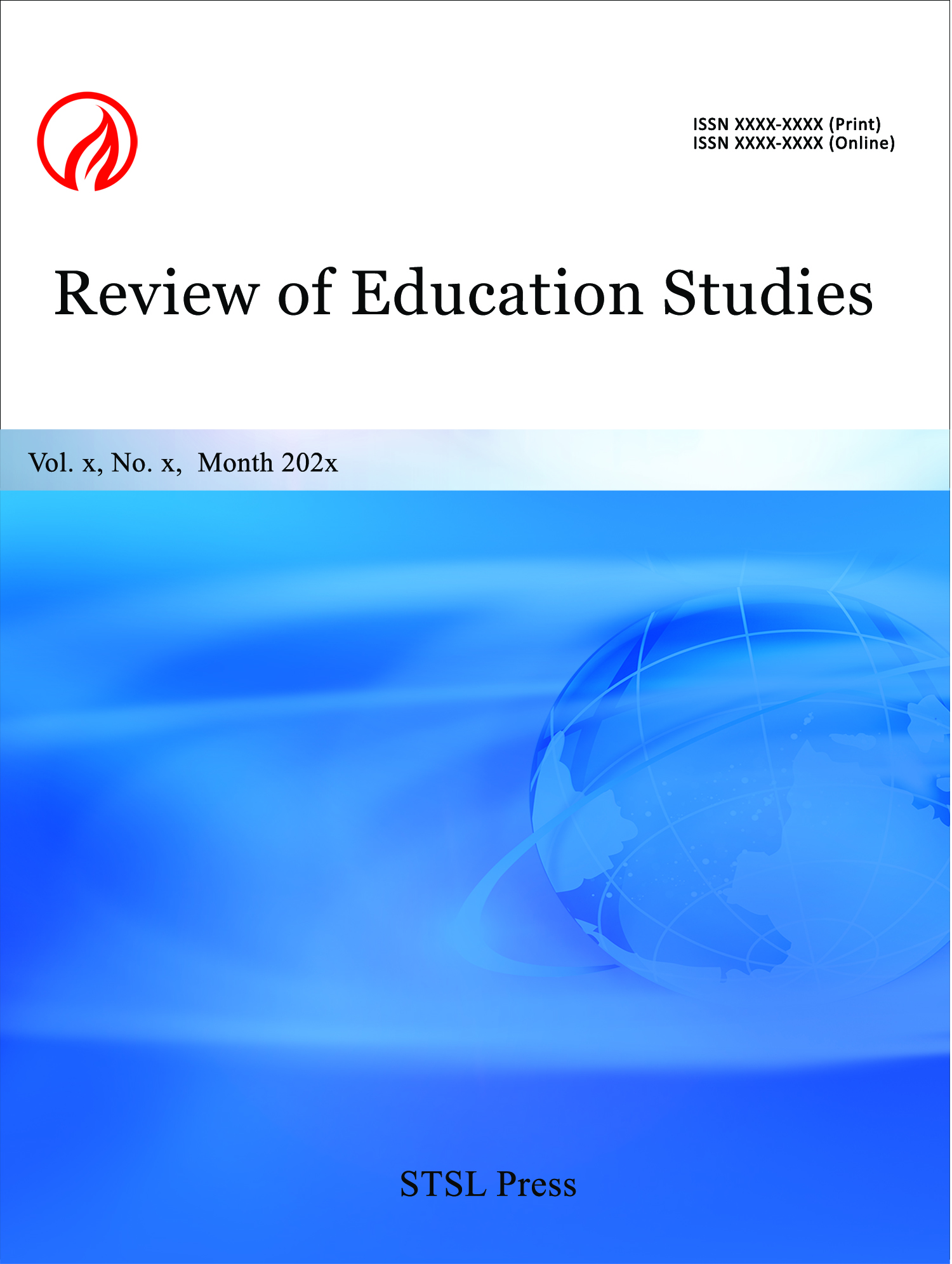A Review of Post-Pandemic Online Assessment Research to Inform Practice
Mary A. Hansen
Abstract
Prior to the COVID-19 pandemic, small percentages of PK-12 and post-secondary students engaged in virtual learning environments. The pandemic forced emergency remote learning, and this shift coupled with rapid advances in technology changed teacher and student practices. Prompt investments to districts’ and universities’ technological infrastructure immediately improved teacher and student experiences with remote learning, and data show that meaningful percentages of students initially remained enrolled in virtual learning environments. This systematic review examines post-pandemic research related to online assessment in both the PK-12 and post-secondary environments. and discusses implications for improving online assessment practices based on that research. After exclusion of theoretical, conceptual, and self-report-based studies, 10 studies grounded in higher education were examined for analyses. These studies addressed rapid changes in course and testing modality, but the majority only examined student performance on tests. The studies incorporated little additional formative or summative assessments and there was little mention of broader classroom assessment systems. Two of the studies did show evidence of utilizing a wide range of formative and/or summative assessment tools. Overall, few studies published during and immediately post-pandemic addressed robust classroom assessment practices, suggesting the need for increased assessment literacy and improved assessment practices for online educators.
Paper:
pdf
DOI:
https://doi.org/10.71002/res.v5n2p1
 This work is licensed under a
Creative Commons Attribution 4.0 License.
This work is licensed under a
Creative Commons Attribution 4.0 License.
Contact us
- Jennifer Smith
- res@stslpress.org
